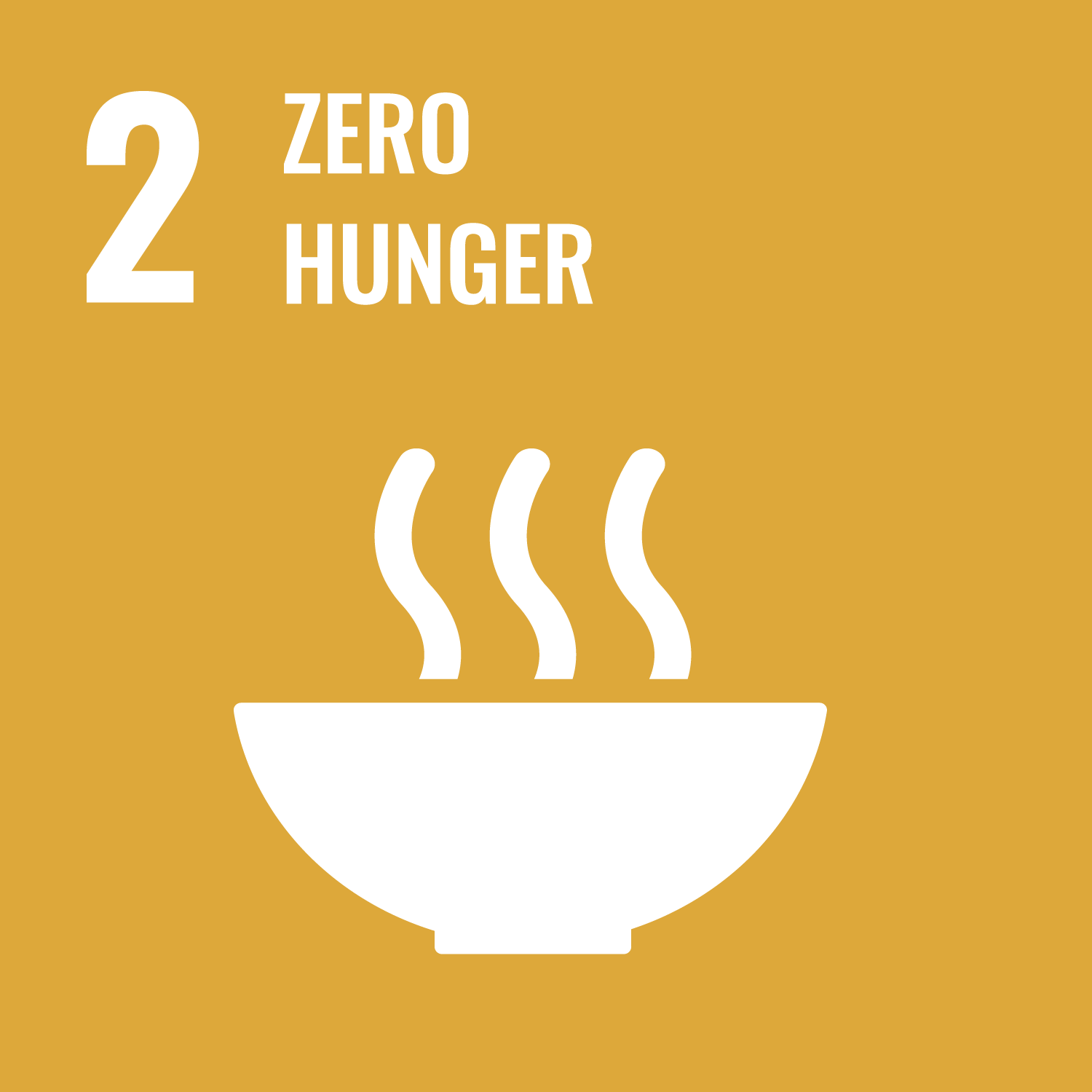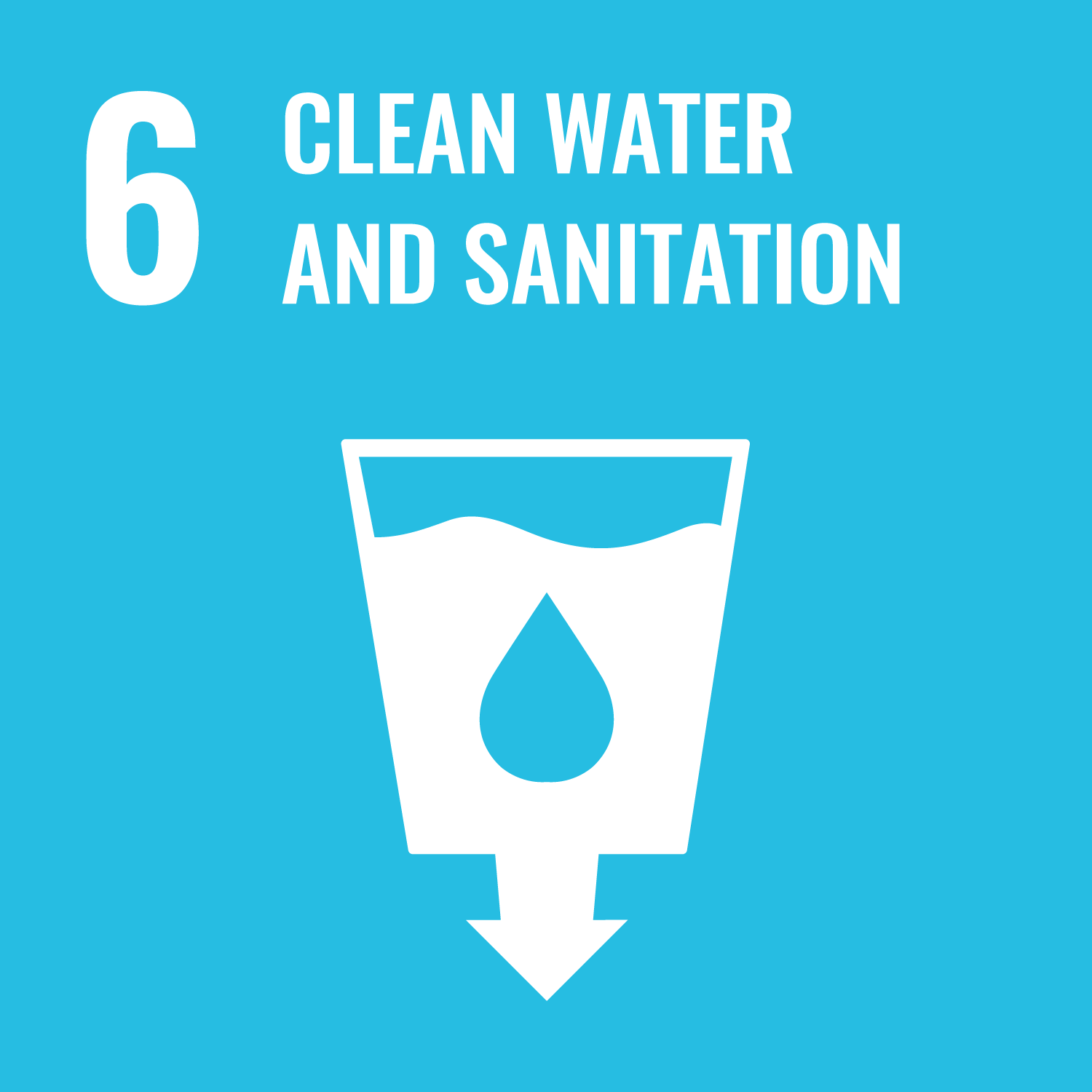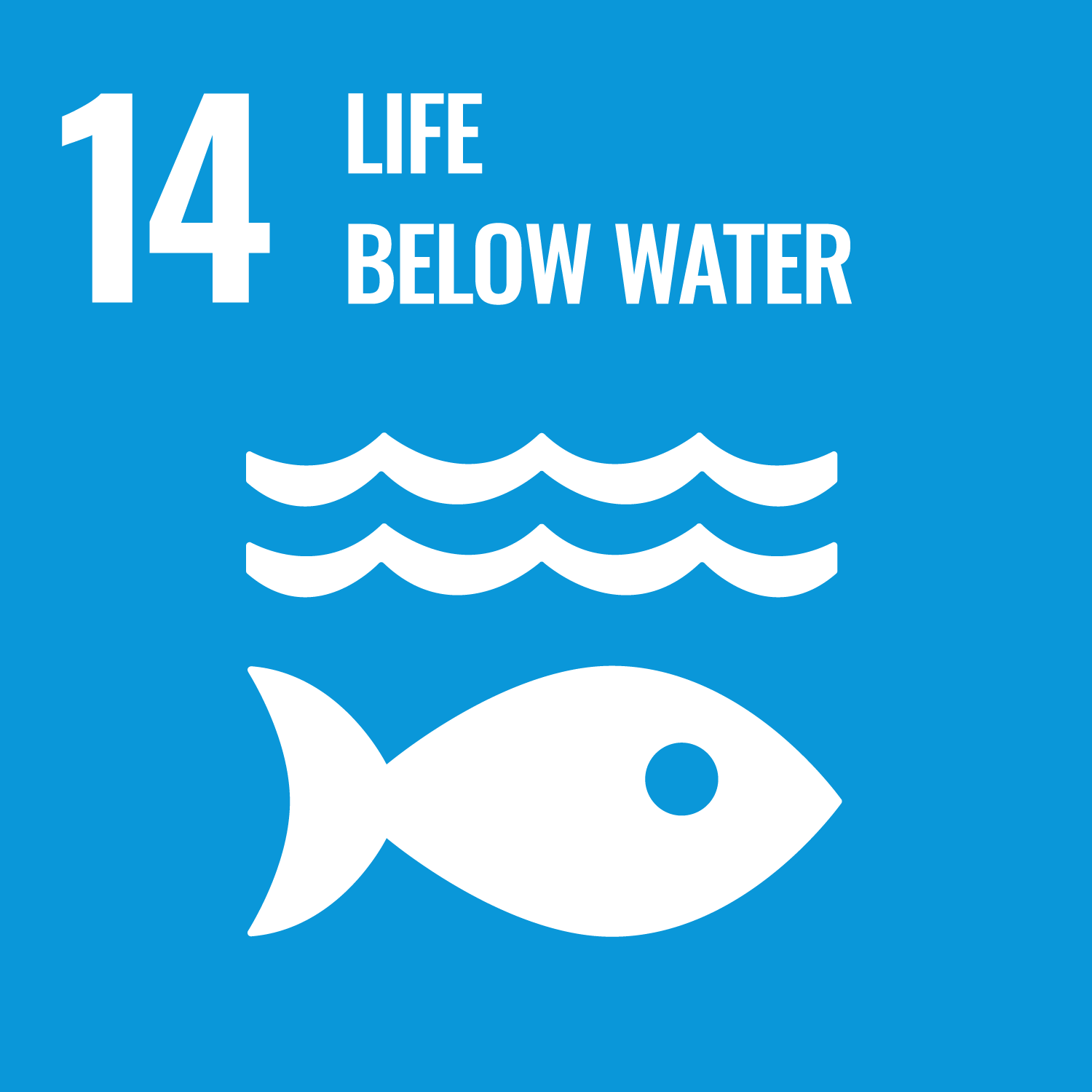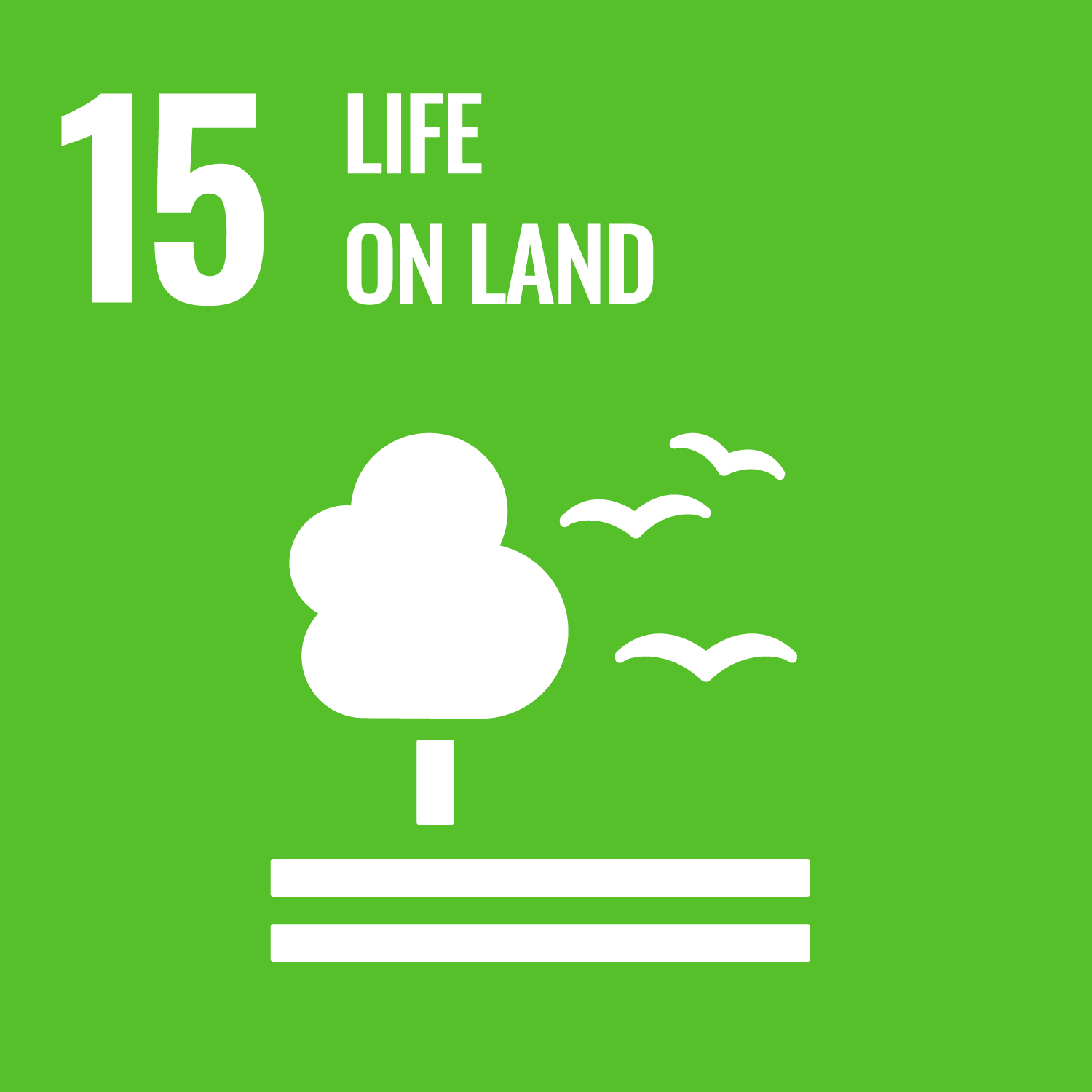Supramolecular chemistry is the chemistry of molecular assemblies (called supramolecules) organized through weak noncovalent
interactions. Through the field of supramolecular chemistry, chemistry is now extending its scope of research from the control
of single-molecular structures to the control of nanoscale structures. The aim of this course is to understand the principles
of supramolecular chemistry, to learn about the diverse functions of supramolecules which are superior to those of single
molecules, and to explore research at the forefront of modern chemistry.
The first part of this course will be conducted in lecture format. But, in the second part, each student will team up and challenge to create business plans to solve social problems by utilizing the functions of supramolecules.
The first part of this course will be conducted in lecture format. But, in the second part, each student will team up and challenge to create business plans to solve social problems by utilizing the functions of supramolecules.
In this course, the primary objective is to understand the principle of formation of supramolecules, to know the diversity
of the functions of supramolecules and the possibility of development in this field. It is also the purpose of this course
to realize how chemistry can be involved in solving social problems through problem-based learning. Students are expected
to make use of this experience in forming their career plans.
- To understand the principles of the formation of supramolecules, and to learn about the diverse functions of supramolecules.
- To be able to present ideas to utilize knowledge of supramolecular chemistry to solve social problems.
- To be able to work on problem solving by collaborating with team members.
| Class schedule | HW assignments (Including preparation and review of the class.) | Amount of Time Required | |
|---|---|---|---|
| 1. | Guidance What is a supramolecule |
Read the description on supramolecular chemistry on websites or textbooks, and understand what the supramolecular chemistry is. | 50minutes |
| 2. | Basic intermolecular interactions (Lecture) | Read the handouts or reference papers. | 200minutes |
| 3. | Intermolecular interactions and molecular recognition (Lecture) | Read the handouts or reference papers. | 200minutes |
| 4. | Metal-organic frameworks (MOF) (Lecture) | Read the handouts or reference papers. | 200minutes |
| 5. | Drug delivery by supramolecular systems (Lecture) | Read the handouts or reference papers. | 200minutes |
| 6. | Biological function imaging and photodynamic therapy (Lecture) | Read the handouts or reference papers. | 200minutes |
| 7. | Topological supramolecules and molecular machine (Lecture) | Read the handouts or reference papers. | 200minutes |
| 8. | Supramolecular polymers (Lecture) | Read the handouts or reference papers. | 200minutes |
| 9. | Presentation of the subject of PBL and team building | Prepare for the presentation. Read the papers introduced at the last class. | 200minutes |
| 10. | Discussion in the team | Collect information and prepare for team discussions. | 200minutes |
| 11. | Mid-term presentation by each team | Prepare for the mid-term presentation | 200minutes |
| 12. | Discussion in the team and preparation for the final presentation | Review on the mid-term presentation and prepare for the team discussion. | 200minutes |
| 13. | Final presentation by each team | Prepare for the presentation. Read the papers introduced at the last class. | 200minutes |
| 14. | Preparation of final report Review on the class |
Prepare for the presentation. Read the papers introduced at the last class. | 200minutes |
| Total. | - | - | 2650minutes |
| Presentation | Quiz | Total. | |
|---|---|---|---|
| 1. | 5% | 60% | 65% |
| 2. | 20% | 20% | |
| 3. | 15% | 15% | |
| Total. | 40% | 60% | - |
With presentation (40 points), quiz (60 points), for a possible total of 100 points, a passing grade will require a total
score of 60 points or more.
No textbook. Handouts will be provided.
Reference Book:
J. W. Steed, J. L. Atwood, Supramolecular Chemistry, John Wiley & Sons, Chichester, 2000.
Reference Book:
J. W. Steed, J. L. Atwood, Supramolecular Chemistry, John Wiley & Sons, Chichester, 2000.
- Classes will be held online via live streaming. Questions will be accepted via chat and dialogue during and before and after class.
- Questions outside of class hours will be accepted by email: asao@shibaura-it.ac.jp.
- Course that cultivates an ability for utilizing knowledge
- Course that cultivates a basic problem-solving skills
- Course that cultivates a basic interpersonal skills
- Course that cultivates a basic self-management skills
| Work experience | Work experience and relevance to the course content if applicable |
|---|---|
| N/A | N/A |









- 2.ZERO HUNGER
- 3.GOOD HEALTH AND WELL-BEING
- 6.CLEAN WATER AND SANITATION
- 7.AFFORDABLE AND CLEAN ENERGY
- 11.SUSTAINABLE CITIES AND COMMUNITIES
- 12.RESPONSIBLE CONSUMPTION & PRODUCTION
- 13.CLIMATE ACTION
- 14.LIFE BELOW WATER
- 15.LIFE ON LAND
Last modified : Fri Mar 18 21:59:38 JST 2022

